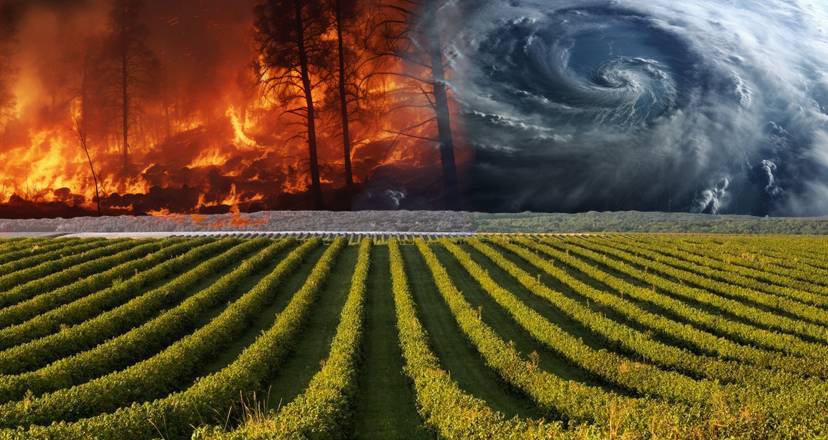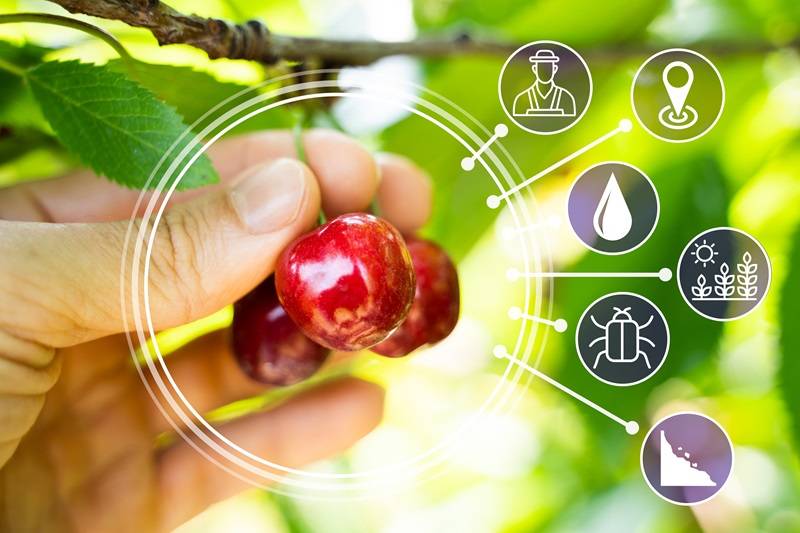Climate change, sustainability, and adverse weather have been at the forefront of discussions this year, particularly within the agriculture sector. The impact of climate change on crops, the emergence of new diseases, and the increasing spread of pests have forced the industry to adapt and seek sustainable solutions to combat these challenges both in the present and in the future.
The agriculture industry has been grappling with diseases such as black pod disease and Fusarium TR4, which have been affecting bananas and cacao crops. Fusarium TR4, in particular, poses a significant threat to the industry as it has spread rapidly across multiple countries. Efforts to contain and eliminate these diseases have been undertaken by various organizations and countries, highlighting the collaborative approach needed to address such issues.
South African farmers have been in dispute with Europe over citrus regulations, impacting orange exports to Europe. The imposition of enhanced cold treatment measures has led to a reduction in orange exports, prompting South Africa to launch disputes against the regulations. The citrus industry has faced challenges due to various diseases and regulations, requiring innovative solutions and international cooperation to overcome these obstacles.
In addition to diseases, pests like the Oriental fruit fly have caused significant problems for California growers, leading to quarantines and economic losses. Efforts to control and eradicate these pests have been successful, demonstrating the importance of proactive measures in pest management.
Adverse weather events, such as floods and hurricanes, have also wreaked havoc on agricultural production in various countries. Brazil, Spain, and the United States have all experienced agricultural losses due to extreme weather conditions, emphasizing the vulnerability of the industry to climate-related events.
To address these challenges, the agriculture industry has been focusing on sustainability and climate change adjustments. Initiatives such as reusable packaging, sustainable farming practices, and innovative technologies have been implemented by industry players to reduce waste, carbon emissions, and promote environmental stewardship. Brands and organizations have shifted towards more sustainable practices to adapt to the changing climate and ensure the long-term viability of the industry.
International conferences like the 29th Conference of Parties have highlighted the urgency of addressing climate change in the agriculture sector, emphasizing the need for sustainable practices and collaborative efforts to mitigate the impact of climate change on food production. Countries and organizations have been working together to implement sustainable solutions and adapt to the challenges posed by climate change.
In conclusion, the agriculture industry has been facing a myriad of challenges this year, from diseases and pests to adverse weather events and climate change. Collaborative efforts, innovative solutions, and a focus on sustainability have been key in addressing these challenges and ensuring the resilience of the agriculture sector in the face of unprecedented threats. By working together and embracing sustainable practices, the industry can navigate the uncertainties of the future and continue to provide essential food resources for the growing global population.




